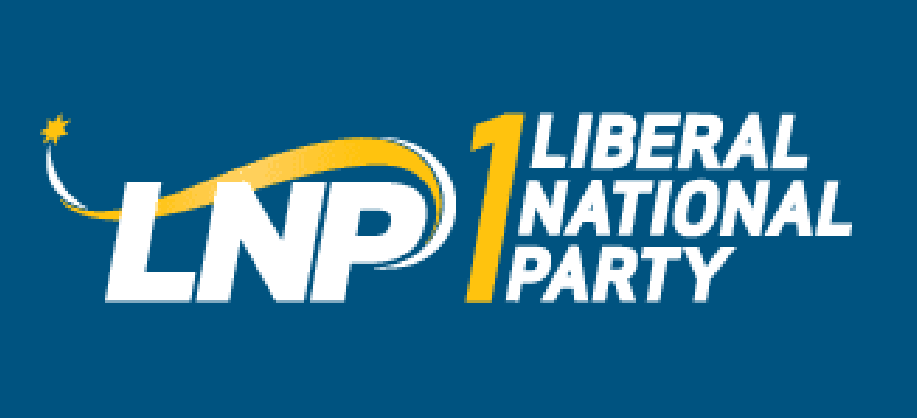STRENGTHENING AUSTRALIA’S REGIONAL AND RURAL HEALTH SERVICES
7/5/2019
STRENGTHENING AUSTRALIA’S REGIONAL AND RURAL HEALTH SERVICES
Member for Wide Bay Llew O’Brien has welcomed the Liberal National Government’s action in strengthening the nation’s world class health system, delivering more doctors and improving access to health services across regional and rural Australia.
This includes a new investment of $100 million to establish the Rural and Regional Clinical Trials Infrastructure Program, which will establish state-of-the-art physical infrastructure and equipment to provide patients access to advanced treatment options regardless of where they live.
Mr O’Brien said people living in rural and regional Australia deserve the same access to high-quality healthcare services as those living in capital cities.
“The Coalition Government’s commitment to improving health services in the regions is represented by our ground-breaking investment of $550 million for the Stronger Rural Health Strategy in the 2018-19 Budget,” Mr O’Brien said.
“This strategy will deliver 3,000 additional doctors and more than 3,000 additional nurses and allied health professionals in rural general practice over the next decade.
”We know that there are enough doctors being trained in Australia, the challenge is to get them to work where they are needed, including smaller communities in Wide Bay.”
By delivering a strong economy and returning the Budget to surplus, the Liberal and National Government is able to invest in improving health services in our regions, including:
- The Rural Health Strategy also includes $84.1 million for the Royal Flying Doctor Service to provide dental care, mental health services and emergency aeromedical services to rural and remote communities.
- It also included $94.5 million for a new Murray Darling Medical Schools Network to increase the number of medical students training in rural areas for every year of their degree and go on to practice in regional and rural Australia.
- An additional $26.6 million in 2019-20 will accommodate longer transition arrangements for the changes to rural bulk billing incentives and the Workforce Incentive Program.
- $62.2 million over five years from 2018-19 to commence implementation of a National Rural Generalist Pathway. This program will train specialised rural doctors to provide health services tailored to the needs of rural and remote communities and follows the expert advice of Australia’s first National Rural Health Commissioner.
- The Government has also invested $12 million in the 2019-20 budget to protect and expand the Heart of Australia mobile cardiology and health services in rural Queensland. Funding will support the ongoing service delivery of their two mobile specialist clinics and establish a third service which will service Northern Queensland and Cape York, bringing the total number communities serviced by Heart of Australia across Queensland from 16 to 25.
- Regional cancer centres across the country, and investment in regional hospitals.
- A new time-limited Medicare item available until 30 June 2019 to fund General Practitioners to provide care by telehealth to people in flood-affected areas in Queensland. Providers and patients in flood-affected areas are entitled to claim health rebates for this period.
The investment of $100 million over five years for clinical trial infrastructure from 2020-21 is funded from the Medical Research Future Fund (MRFF) National Critical Infrastructure initiative.
“Our regions make such an important economic contribution to our nation and it’s only fair that we use these proceeds to invest back into local communities to provide them the high-quality health care that other Australians can access,” Mr O’Brien said.
ENDS


